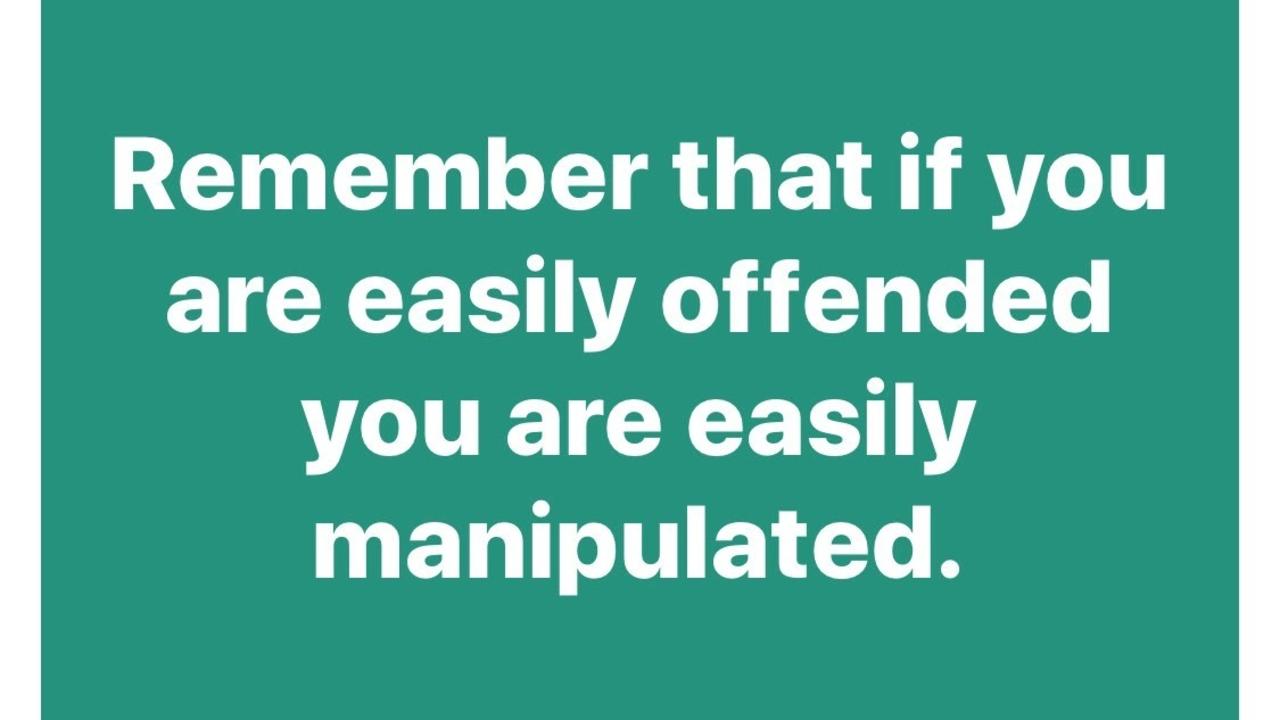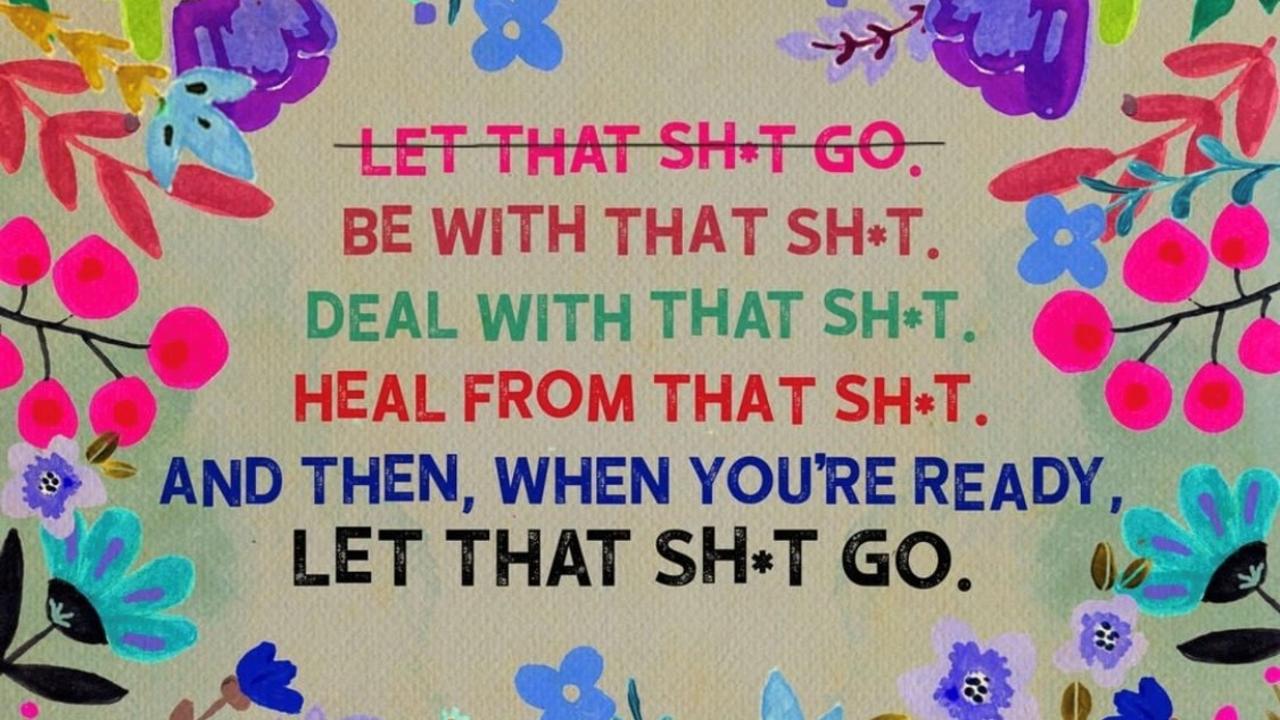If You Are Easily Offended

Many truly great leaders have a trigger that once tripped eradicates composure, reduces executive presence, and strips effectiveness as a behavior they don’t want to exhibit takes over.
That behavior could be getting emotional, lashing out defensively, crusading offensively, withdrawing in defeat and others. At this point you are off your game and people not in this fight-flight-freeze trap can manipulate you if their motivation serves them to do so.
Everyone has a trigger. It’s where we feel most vulnerable - most hurt, sad, angry, undervalued, small, at risk, ineffective. In a nut shell it’s where we feel most alone. It’s like being immediately thrust to the edge of a cliff with a herd of rhinoceroses charging you and nobody there to throw you a rope.
Great leaders lean in not out from this feeling. They sense it coming, get curious about what the vulnerability is trying to teach them, nurture it like a puppy, throw themselves a rope because they’ve got this, and release the as...
9 Questions to Ask Yourself When You Can’t Move On

After a difficult transition such as a job loss, broken relationship, forced relocation, lost promotion, loss of a loved one where you’ve been left feeling less than yourself, depleted and ineffective well-meaning people who care about you often tell you to just ‘move on.’ As if you don’t already want to move on you take this advice in stride and wish you could do exactly what they suggest. When you can’t, you feel even more flawed. At worst, you act out your frustration, stripping your executive presence.
Most people know when they need to move on. Nobody wants to wallow in prolonged anger, sadness, fear, frustration or despair such that these feelings get in the way of joy and rob you of living in the moment. But HOW do you do that? Instinctively you want to turn away from suffering. Unfortunately, that only makes it worse. We must get curious about it. We need to familiarize ourselves with its motivation and dissect it so that we can understand it. Likely, it is a self-defense mec...
Stay connected with news and updates!
Recent Posts
